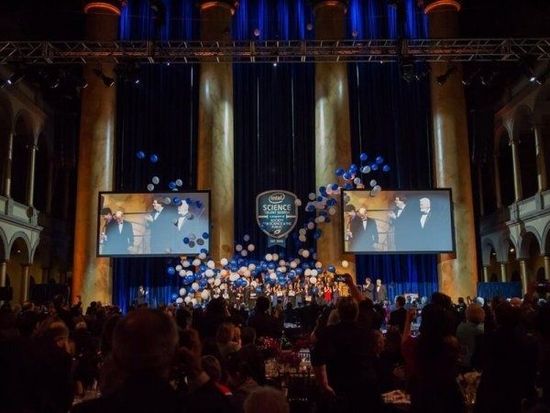New MacArthur Fellows announced today, commonly called the genius grants. Seven of the 21 fellows are mathematicians or scientists. And another is a science historian.
新一屆麥克阿瑟獎獲得者已于昨天公布,麥克阿瑟獎俗稱為“天才獎”。獲獎人數共21名,其中7人為數學家和科學家,其余14人均為科學歷史家。
“My name is Pamela Long, and I'm a historian of 15th and 16th century Europe, of the history of science and technology and cultural history. So I'm interested in the processes that occur when infrastructure projects are undertaken…what I'm very interested in is the relationship between practitioners who understand engineering and have trained onsite to, say, repair bridges or repair aqueducts and learned people, people with university training…
“我的名字叫Pamela Long,我是個歷史學家,專門研究歐洲15世紀到16世紀的科學史和文化史。我對基礎設施的建設過程感興趣,對實習生之間的關系及有學問的大學生尤其感興趣。這些實習生懂得什么是工程,他們經過實地訓練,參加過橋梁、溝渠等的修復工作。”

“So you have this communication between practitioners and learned people and I argue that that's important for the development of the new sciences. People call it the scientific revolution. It was a time when investigating the natural world, the methods shifted to empirical methods, to measurement and mathematical analysis, so engineering became part of learned culture in a sense, and that that broad context is important for the development of new methodologies.”
“我認為和這些實習生以及有學問的人之間進行的交流對新科學的發展是有重要意義的。人們把它叫做科學變革。在人們探索大自然的那段時期,這種方法被糅合到實證法、測量和數學分析法中,因此,在某種意義上說,工程學已成為了學習文化的一部分,這個大背景對新方法的發掘至關重要。”











